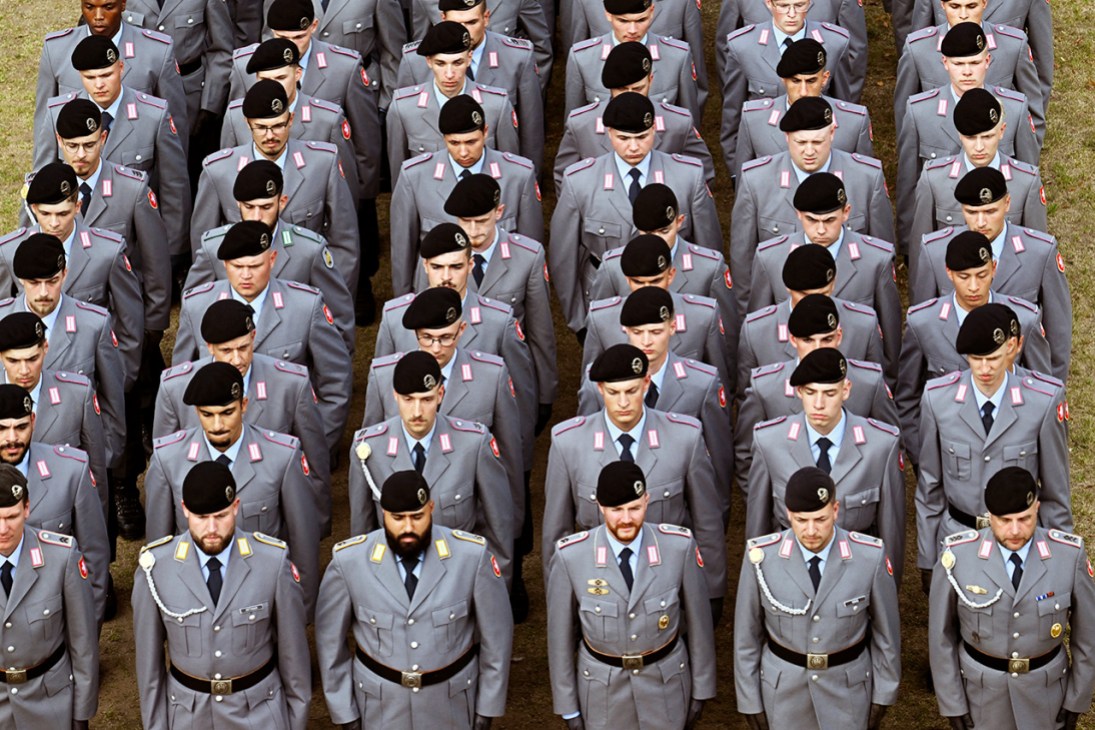Forget conscription: Germany must make a career in service more attractive
Lotteries promise much but few people ever win. Germany’s governing coalition had been planning to unveil a new conscription law this week that would have reintroduced military service by lottery. But the deal collapsed, following objections from defence minister Boris Pistorius. So it’s back to the drawing board for chancellor Friedrich Merz, who has previously pledged to allocate the necessary financial resources to turn Germany’s military into the strongest force in Europe.
Germany ended mandatory conscription in 2011 but the war in Ukraine has prodded Europe’s largest economy to refocus on defence. Much has been done on the investment side. Former chancellor Olaf Scholz’s famed Zeitenwende speech after Russia’s invasion of Ukraine was backed by hundreds of billions of euros in military spending from Merz’s new government this year. But so far, the Bundeswehr has struggled to provide a key ingredient: manpower. The goal is to recruit an extra 260,000 soldiers by the early 2030s and the lottery was portrayed as an egalitarian approach to making up the difference.
This whole conscription debate, led by Merz and his Christian Democratic Union party, distracts from what the country really needs: a willing, professional army. Germany would do well to lure more people into the military of their own accord and to make a career in service appealing to the public. Ben Hodges, former commanding general of the US Army in Europe, recently suggested to Monocle that defence-related education modules in schools and universities would help.

Those who oppose the German lottery-based system want to try the voluntary route first but incentives will be needed. In 2024, 59 per cent of Germans aged 18 to 29 rejected the idea of fighting for their country in a poll by Stern. Encouraging 18-year-olds to serve is one thing but forcing those who respond in the negative to join anyway is quite another.
Berlin’s professional military is dangerously behind the curve and recent Russian drone incursions have laid this bare. An investigation by German public-media outlets found that the Bundeswehr is unprepared to respond to the uptick in drones and other forms of Russian hybrid warfare. Perhaps it should consider modernising its technology to defend Europe’s airspace before filling its infantry division with battalions of begrudging soldiers. A lottery legion is less a fearsome unit and more a sorry syndicate.
Conscription can be an effective last resort. For some nations, such as Finland, conscription was never abolished and, as a result, it is embedded positively in its culture. Lithuania and Latvia reintroduced military service in response to the threat from Russia. And Denmark is leading the way with a lottery system that applies equally to men and women. Such moves make sense for countries with smaller populations. Still, UK defence experts warn that returning to conscription would undermine the army’s effectiveness. Germany is big enough that it shouldn’t have to resort to conscripting unlucky losers. But its incentives must soon match its investments.
Christopher Cermak is Monocle Radio’s senior news editor. Further reading? Monocle’s security correspondent ponders Europe’s draft debate: Should the continent reintroduce conscription? And how are nations trying to recruit Gen Z?



